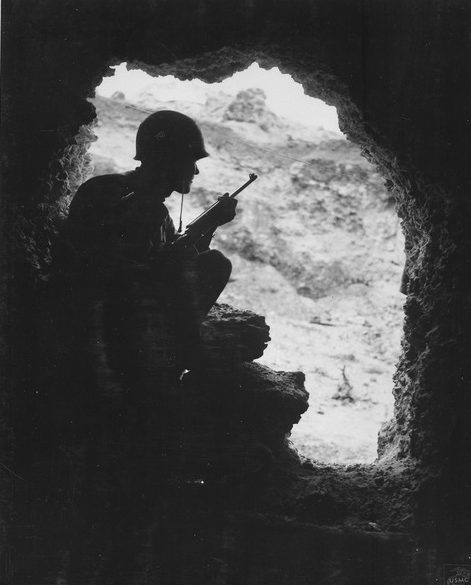Memorial Stones And A Day To Remember
Today is Memorial Day in the US. Consequently, as a compromise between taking the day off and writing new content on a holiday, I’ve decided to borrow an article from my blog which I’m including in the Writers’ Tool Chest. For a more traditional post on the subject of Memorial day, I recommend Travis Perry’s article “A Day to Remember,” posted last week.
Today’s article is part of a short series, Whose World Is It. The subtitle of the original is “Writing In Enemy Territory.” I entitled it here “Memorial Stones” because today is set aside to remember. Mostly we are to remember our country’s soldiers who fell in action. However, I think there’s an important spiritual component in remembering.
Jesus, for example, instituted the Lord’s Supper as a memorial for the purpose of remembering Him, His body broken for us, His blood, poured out for us.
But throughout the Old Testament, God gave His people admonitions to remember along with symbols to spark that remembrance. One such idem of note which I alluded to at the end of this article are stones God commanded the people of Israel to take from the middle of the Jordan River as they crossed on dry land. They were to take twelve of them and create a heap to be memorial stones that would always remind them of God’s miraculous provision which enabled them to cross into the Promised Land.
And now, the original article.
Clearly, someone writing from the position that this world is Christian will have an entirely different emphasis than someone who thinks this world is in the hands of the enemy.
Let me state, I understand this world is God’s by virtue of the fact that He made it and He holds it all together. Also, “He is the beginning, the first born from the dead so that He Himself will come to have first place in everything” (Col. 1:18b)—meaning that Satan will not successfully pull off his attempt at dethroning Jesus.
Meanwhile, however, we are living in enemy territory. Our citizenship is in heaven, unlike those who set their minds on earthly things. How you perceive enemy territory is very different than how you perceive your home.
If you’re in the hands of the enemy, for instance, you stay alert to deception, you steal yourself against depravity and suffering. You take nothing for granted. The things that appear harmless, you examine closely to see how they might be insidious traps. The outward appearance of a thing, therefore, is utterly untrustworthy. In fact, a disgusting bit of pulp might be medicinal, but a thick cut of meat might bring on death. Everything must be tried and measured and examined to see if it furthers the cause of the king or plays into the hands of the enemy.
So with stories. Some may be bold, assertive, overt declarations for the true king or about his enemy and his coming judgment. Some may be illustrative rather than declarative, but no less concerned with the truth.
Obviously these are broad strokes. Stories might be about individual skirmishes rather than about the entire scope of the war. Some might not show the end, but the successes during the battle.
I can’t help but think of Corrie ten Boom and her sister Betsy thrown into a German concentration camp towards the end of World War II. The world in which they lived was in the grip of the enemy—physically and spiritually. But in them resided the Spirit of the living God, and they had a clear choice whether to live by the evil principles of their environment or the life-giving principles of the Spirit.
Betsy never came out of the concentration camp. And yet she triumphed every day through her generosity and by her refusal to hate. She did not look at the concentration camp as Christian. She saw it for what it was—Satan’s playground. But greater was He who was in her than he who was in the world of that German camp.
Christians writing stories have the privilege of showing the way things are, both spiritually and physically. The small aren’t necessarily weak, and the strong aren’t necessarily victorious.
Someone may be a slave but able to bring healing to her master because of her willingness to testify about the Living God. The man who dies young might have more impact on the world than the one who lives into his nineties.
And the Christian writer gets to show this upside down way of seeing the world. We get to make sense of the senseless, to agree with Scripture in the telling of our tales, to serve as the memorial stones that remind readers of the King and His victory—won and yet, to be won.









































